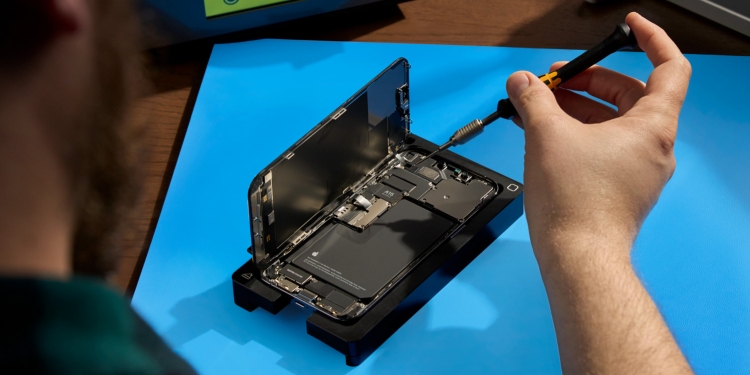It appears the European Union is cracking down on Apple’s perceived anti-competitive policies. Just in the last couple of months, the continent has mandated a standardised USB-C port, allowing third-party sources for apps and opening up more APIs to third-party developers—forcing Cupertino to make significant changes to the core iPhone and iOS experience.
Now, the company is being dealt another blow, as the European Parliament and Council have provisionally agreed to make companies design batteries that consumers can “easily” remove and replace. The proposal, first spotted by Pocketnow, is part of a widespread overhaul of the EU’s battery regulations and will take effect three and a half years after the new legislation is implemented.
Companies will also be required to accept all waste batteries from consumers free of charge, “regardless of their nature, chemical composition, condition, brand or origin.” This is to increase the collection of these batteries to reduce e-waste and “address the social and environmental risks linked to sourcing, processing and trading raw materials and secondary raw materials.”
This proposal is just the latest in the battle between governments and Apple on repairability. For years, the latter had resisted efforts to make devices easier to repair, dating back to the original iPhone’s non-user-replaceable battery—something the rest of the industry slowly adopted. The company finally caved in to sustained regulatory pressure when it announced a Self Service Repair programme last year, although it’s clear it doesn’t want anyone to actually repair their own devices.
As yet, the law doesn’t have a clear definition of “easy replaceability”, so Apple will likely cite the programme as its way of complying to the regulations—especially now that the company has expanded its availability to seven European countries. Thankfully, it appears that Cupertino is at least taking tangible steps in designing phones that are easier to repair, as iFixit found with the iPhone 14 series (excluding the Pro models, unfortunately).








